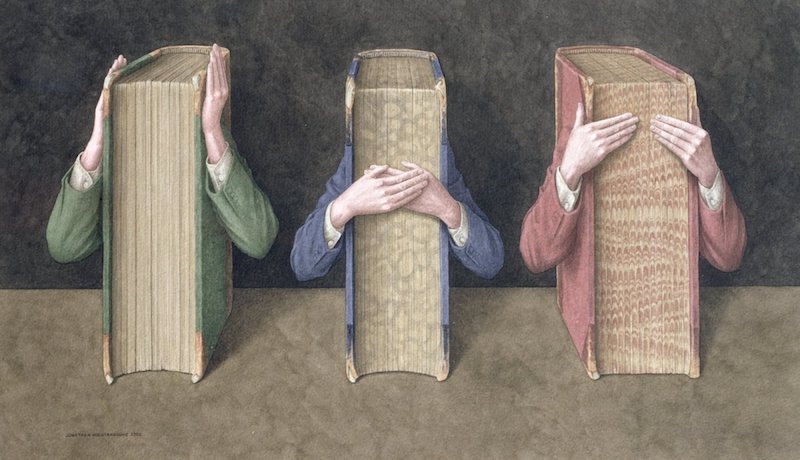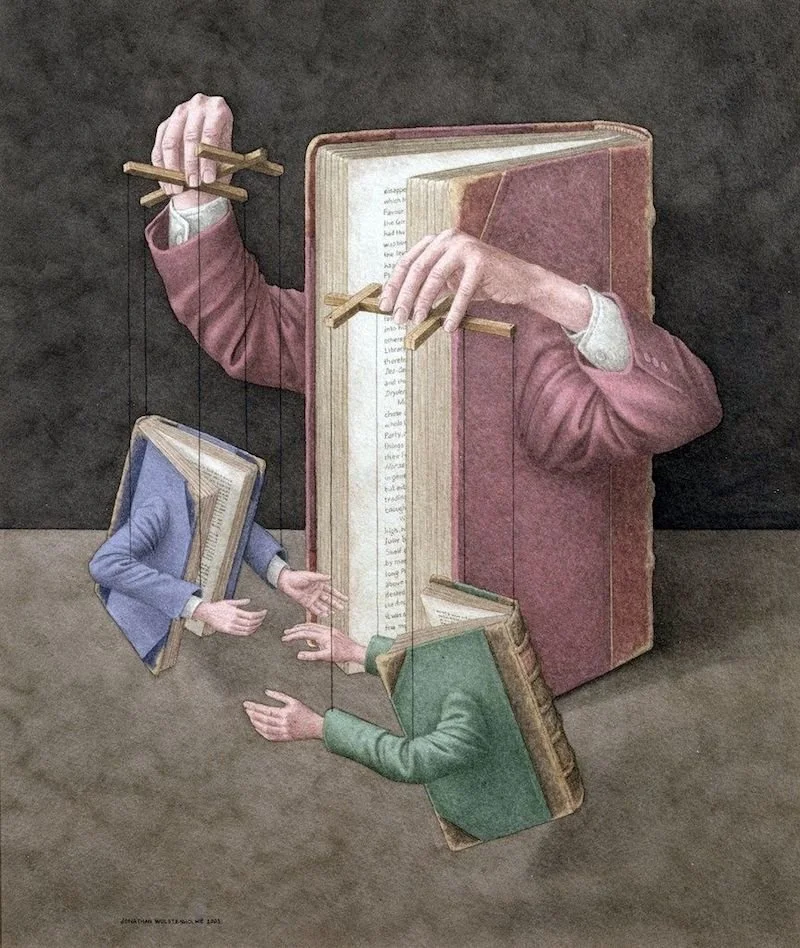Reimagining the Literary Landscape: Exploring the Cloistered Realm of the Literary Fiction Community
The literary fiction community, a bastion of creativity and intellectual exploration, has long been revered for its ability to provoke thought, evoke emotions, and challenge societal norms. Yet, beneath the surface of its artistic allure lies a complex phenomenon—the insular nature of this community. This article explores the insular tendencies that define the literary fiction community, delving into the factors contributing to its exclusivity, its impact on writers and readers, and the potential avenues for greater inclusivity.
Defining Insularity: The Boundaries of Literary Fiction
The literary fiction community is often characterized by its tight-knit, exclusive nature. While it is a haven for literary aficionados and those seeking intellectual engagement, this insularity can inadvertently create barriers that deter new voices and perspectives. The boundaries of literary fiction are often demarcated by conventions, preferences, and established norms that cater to a specific demographic, resulting in an environment that can feel inaccessible to outsiders.
Historical and Cultural Influences: A Legacy of Exclusivity
The origins of the literary fiction community are deeply intertwined with historical and cultural influences. Literary canonization, academic institutions, and literary awards have historically upheld a particular set of narratives, perpetuating an environment that rewards conformity over diversity. The resulting insularity has perpetuated specific themes, styles, and perspectives, marginalizing voices that deviate from the norm.
The Impact on Writers: Conformity vs. Creativity
For aspiring writers, the insular nature of the literary fiction community can be both a blessing and a curse. While camaraderie and intellectual stimulation can be invigorating, the pressure to conform to established norms can stifle creative expression. Writers may find themselves navigating a fine line between conforming to community expectations and breaking new ground. The struggle to gain recognition within an exclusive circle can be disheartening for those whose work does not align with prevailing trends.
The Reader's Perspective: Limited Diversity in Narratives
The insular tendencies of the literary fiction community can have a direct impact on readers as well. The limited diversity of narratives, themes, and perspectives may hinder the community's ability to fully resonate with a broad spectrum of readers. Readers seeking stories that reflect their experiences and identities may find themselves marginalized or underrepresented within the literary fiction landscape.
Breaking the Barriers: Fostering Inclusivity and Innovation
The insular nature of the literary fiction community is not an insurmountable obstacle. Initiatives fostering inclusivity, diversity, and innovation are gradually eroding the boundaries that have long defined the community. Literary journals and publishers are increasingly amplifying underrepresented voices, challenging traditional narratives, and embracing experimental storytelling. Writing workshops, mentorship programs, and literary festivals are also emerging as spaces where emerging voices can thrive outside the confines of established norms.
Reimagining the Insular Enclave of the Literary Landscape
A transformation is underway as the literary fiction community grapples with its insular tendencies. The journey toward inclusivity, diversity, and innovation is paving the way for a more dynamic and vibrant literary landscape. By recognizing the impact of its exclusivity and actively seeking to broaden its horizons, the community can become a haven for intellectual exploration, diverse voices, innovative storytelling, and a celebration of the rich tapestry of human experiences. As writers, readers, and enthusiasts, we have the power to reshape the future of literary fiction, transcending insularity to create a literary world that truly reflects the diverse mosaic of humanity.


